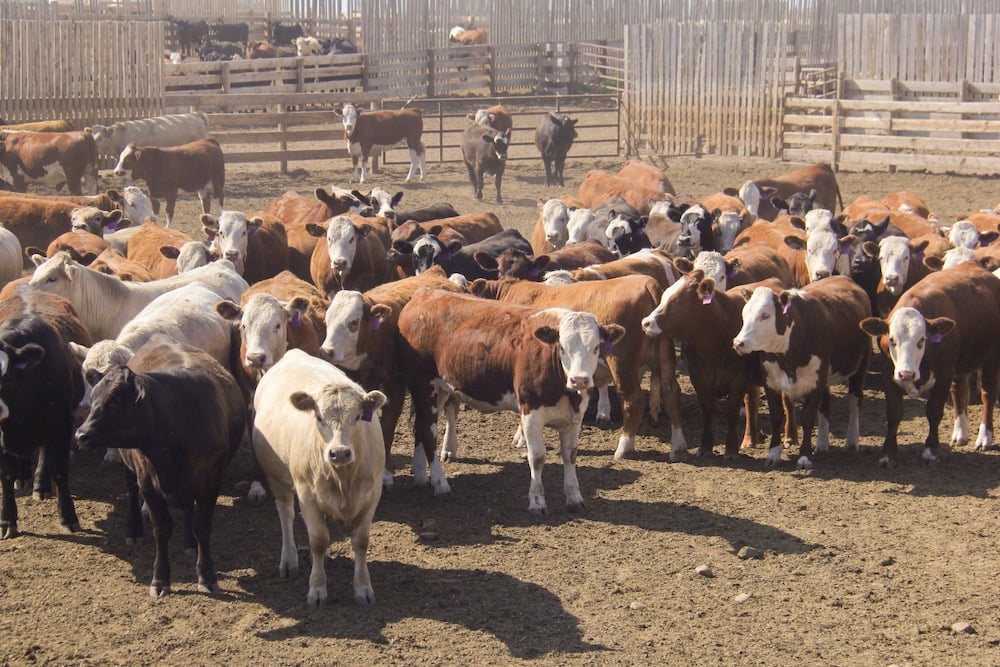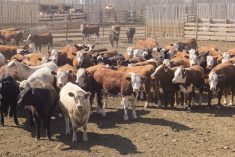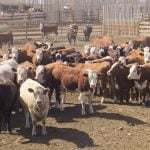Chicago | Reuters — Soybean and corn futures fell to three-year lows at the Chicago Board of Trade on Wednesday under pressure from fund selling and expectations for increased U.S. supplies, analysts said.
The markets are down about 10 per cent so far this year and traded at their lowest levels since December 2020.
U.S. farmers produced a record corn harvest in 2023, and grains and soybeans face stiff competition on the export market from ample global supplies. Domestic ending stocks are expected to swell when the U.S. Department of Agriculture issues crop forecasts at an annual outlook conference on Thursday.
Read Also

U.S. livestock: Feeder cattle rise to new highs on tight supply, strong cash prices
Chicago | Reuters – Chicago Mercantile Exchange feeder cattle futures rallied on Thursday to a record high on strong cash…
Analysts project 2024-25 corn ending stocks at 2.594 billion bushels, up from 2.172 billion in 2023-24, and soy stocks at 411 million bushels, up from 315 million in 2023-24, according to a Reuters survey.
“The numbers are going to be big,” said Matt Wiegand, commodity broker for FuturesOne.
The most-active soybean contract Sv1 settled down 15-3/4 cents at $11.70-1/2 per bushel after falling earlier to a three-year low of $11.68-1/4.
CBOT corn Cv1 closed 6-1/2 cents weaker at $4.24-1/4 a bushel and touched a three-year low of $4.22-1/4.
Speculative funds have established large short positions, or bets that prices will fall, in the markets.
“The funds haven’t been smacked for being short,” Wiegand said. “They have plenty of incentive to add to their position.”
U.S. and Euronext wheat futures set contract lows. CBOT wheat Wv1 ended down 12 cents at $5.85-1/2 per bushel and reached its lowest price in nearly a month.
On Thursday, the National Oilseed Processors Association is slated to issue a monthly soy crushing report. The USDA is separately set to release weekly export sales data for U.S. grains and soy.
“The dollar index has risen dramatically, causing U.S.-origin grains and oilseeds to look expensive,” said Andrew Whitelaw at agricultural consultants Episode 3.
–-Additional reporting for Reuters by Gus Trompiz in Paris and Peter Hobson in Canberra.
















